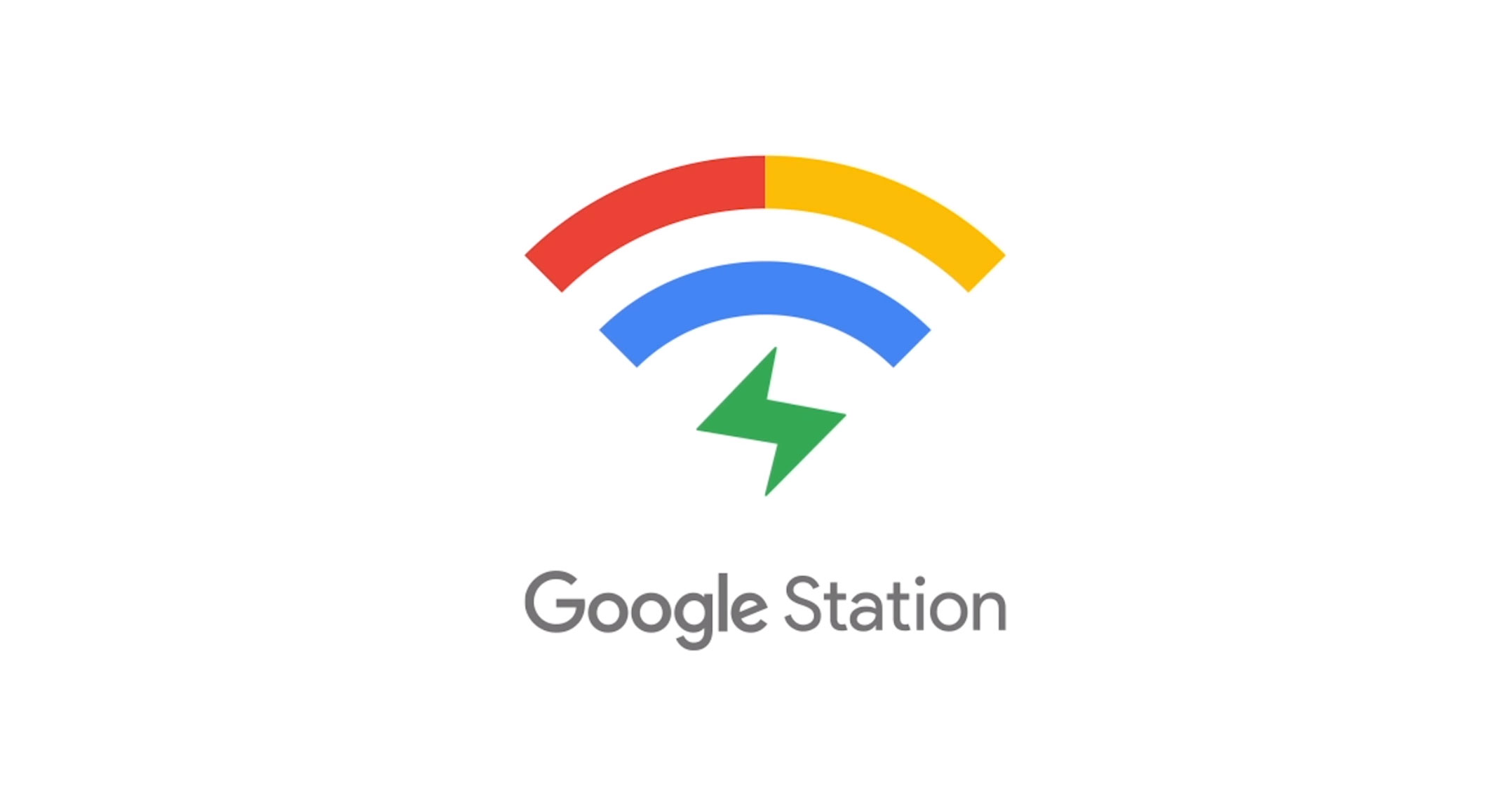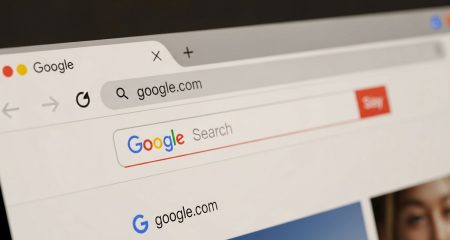 Google is pumping major investments into Africa, with its most noteworthy new ventures being the roll-out of free public Wi-Fi hotspots and a new high-speed undersea cable to boost Internet connectivity.
Google is pumping major investments into Africa, with its most noteworthy new ventures being the roll-out of free public Wi-Fi hotspots and a new high-speed undersea cable to boost Internet connectivity.
South Africa and Nigeria — the continent’s two biggest economies — are getting a significant share of the investment. Nigeria became the first country in Africa in February to see the roll-out of Google Station, the company’s ground-breaking initiative in developing nations aimed at providing fast, free and open Wi-Fi to disadvantaged communities.
Google Station has been launched in the Cape Flats area and other townships in Cape Town such as Langa, Khayelitsha and Gugulethu, with about 125 free public Wi-Fi hotspots in these locations.
The project was officially announced at the first-ever Google for South Africa event in Johannesburg on Thursday. Several other announcements and updates around Google’s innovations and investments in the education, consumer, technology start-up and Internet infrastructure spaces were highlighted.
Speaking at the event Nitin Gajria, Google’s Africa director, said he was “tremendously excited” about bringing Google Station to South Africa. He said the concept had been first piloted by Google in India in 2015 and is now in operation in several other developing countries such as Brazil and Mexico.
“Google Station has been hugely successful in India and earlier this year Nigeria saw the concept’s first roll-out in Africa. We’ve quietly been piloting the programme in Cape Town’s most underserved communities for a couple of months and now we officially reveal this project to South Africa,” Gajria said.
‘Equal opportunity’
“By gaining access to information via the Internet, we hope that people in these communities will get a more equal opportunity to learn and develop and live more empowered lives. Google Station is now available in over 100 locations across Langa, Khayelitsha, Gugulethu, Delft, Elsies River, Philippi and more in the Cape Flats. Besides being underserved, these areas have high unemployment and crime rates,” he adds.
Gajria was reluctant to comment on where the next Google Station locations would be in South Africa and how much Google has invested in the project.
“For us, this is an investment in the future of South Africa and the continent. We have numerous projects and partnerships across several countries in Africa and around the world,” he said.
 Google Station’s roll-out in South Africa also follows a Google announcement in June that it would be establishing the Equiano subsea cable from Lisbon in Portugal down Africa’s west coast to Cape Town. There would be a branched connection to Nigeria and future links to other countries along the way.
Google Station’s roll-out in South Africa also follows a Google announcement in June that it would be establishing the Equiano subsea cable from Lisbon in Portugal down Africa’s west coast to Cape Town. There would be a branched connection to Nigeria and future links to other countries along the way.
While Google did not mention the investment value of this privately funded project, it is likely to be a few billion rand. The more than 14 000km West African Cable System, between the UK and Cape Town, reportedly cost around US$650-million to build back in 2010.
On the Google Station initiative in Cape Town, the US-based group has partnered with local Internet service provider Think WiFi.
Janine Rebelo, CEO of Think WiFi, says the company is passionate about providing fast, free, reliable, uncapped Wi-Fi in underserved communities.
“We want to give people access to more online resources and more opportunities. Through our partnership with Google, Think WiFi will provide unlimited Wi-Fi access to communities in townships, public areas, universities, transportation hubs and shopping malls, laying the foundations for broad-based, inclusive participation in the benefits Industry 4.0 brings,” he adds.
Meanwhile, also speaking at the event, Google’s head of marketing in South Africa Asha Patel highlighted some of the group’s other community initiatives. She said that last year Google awarded $6-million to 36 non-profit organisations across Africa through the Google Impact Challenge, 12 of which were from South Africa.
“Building on this, Google is today investing $1-million as part of its five-year commitment to non-profits and social enterprises, to support the economic empowerment of girls and women in South Africa,” she said.
- This article was originally published on Moneyweb and is used here with permission




